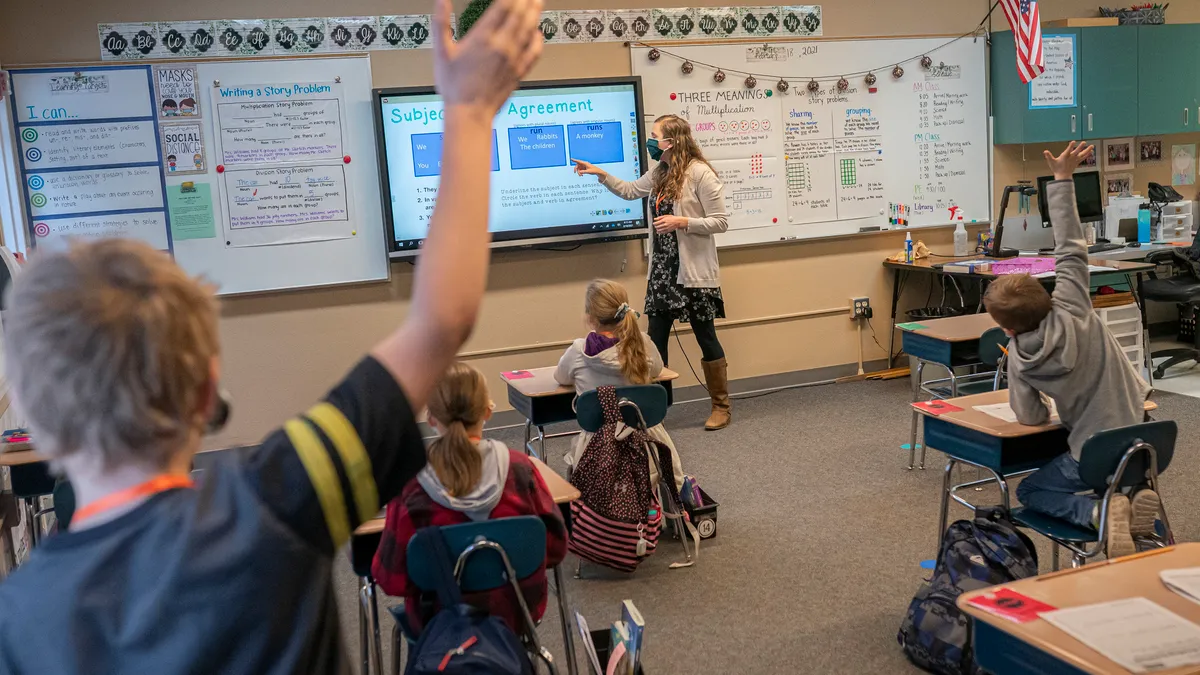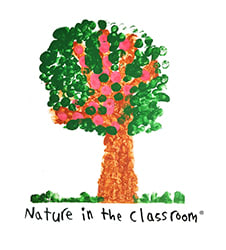Dive Brief:
- A study published in the journal Theory & Research in Social Education, led by North Carolina State University researcher Meghan McGlinn Manfra, suggests students can develop problem-solving skills by analyzing historical data — enhancing not only their computational thinking, but also understanding of social studies concepts.
- The information came from a case study on a private high school's project-centered class called “Measuring the Past,” in which students used statistical software to identify trends. The problem-solving skills were developed during the structured computational analysis projects.
- There has been a push to introduce K-12 students to computational thinking. In this case, researchers suggest students gain the most by following a “data-patterns-rules” model, during which they analyze the data, look for patterns, and then develop rules to solve a problem.
Dive Insight:
Project-based classes focused on solving problems and critical thinking can have global impacts that inspire students to engage in the learning process.
For instance, Liberty High School in Liberty, Missouri, created a microschool called "Empowering Discovery of the Global Experience." It uses the United Nations’ Sustainable Development Goals as its learning foundation, and students work on projects such as a community development program in Honduras.
In addition to students gaining a deeper understanding of local residents’ needs and capacities, it also forces students to use math- and science-based problem-solving to find solutions to local problems, such as a community's need for a safe water storage tank at a school.
Problem-solving skills gained through project-based classes can transfer to other subjects, such as math. Math instruction experts have suggested it is time to rethink how lessons in the subject are delivered and focus on the process of solving the problem rather than just determining the correct answer. The act of struggling through math and problem-solving is the immersion students need to develop their mathematical understanding, which they can then use in future classes.
Culturally responsive teaching is another approach that encourages students to use critical thinking skills by creating questions that look at inequity and injustice through different lenses. Using primary sources is part of this process and could include computing data to find cultural trends. When it comes to culturally responsive approaches, the critical thinking skills students develop could help them succeed in future professions where they will need to negotiate different viewpoints and opinions.











